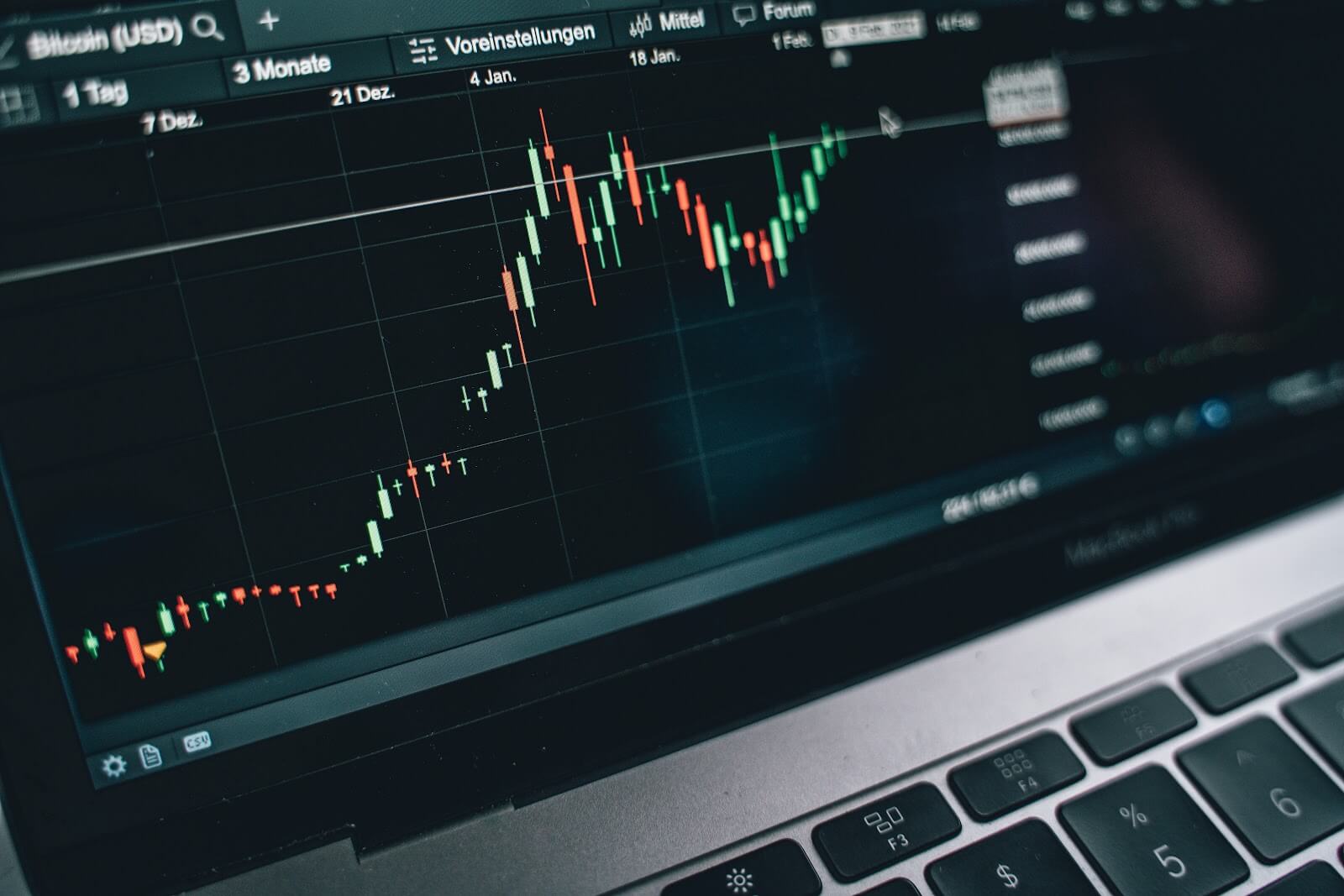US Congressman Involved in High-Volume Altcoin Trading
27.08.2024 18:30 1 min. read Alexander Stefanov
While U.S. Congress members typically stick to stocks, a few have ventured into cryptocurrencies, with Bitcoin and Ethereum being the usual choices.
Recently, Representative Mike Collins has garnered attention for his active trading of lesser-known altcoins.
Data from Quiver Quantitative, revealed on August 26, shows Collins engaging in frequent trading with altcoins, including Aerodrome (AERO).
On July 26, 2024, he invested up to $50,000 in AERO. Within a week, he sold the asset but re-bought it the following day. AERO, which was trading at $0.68 with a slight decline, saw a notable increase of 38% since his last purchase.
This rapid trading is unusual for a sitting Congressman. Collins has also been involved in similar activities with Velodrome (VELO). On July 11, he traded between $15,000 and $50,000 in VELO and AERO, and sold VELO later in the month.
Such trading practices can raise questions about possible insider knowledge, particularly since VELO and AERO are developed by the same team. This isn’t Collins’s first crypto investment; he previously put $60,000 into Ethereum in early 2024, with a modest loss of about 2% so far.
-
1
Memecoins: Culture, Casinos, and Power Laws (Galaxy Report)
02.10.2025 14:30 3 min. read -
2
Bitwise CEO: Solana Could Outpace Ethereum in Staking ETF Market
02.10.2025 16:30 2 min. read -
3
BNB Breaks Past $1,112 As Treasury Buys And Upgrades Boost Confidence
03.10.2025 12:38 2 min. read -
4
Bitcoin, Ethereum, and Solana Drive Record $5.95 Billion Inflows, CoinShares Reports
06.10.2025 17:30 2 min. read -
5
BBVA Brings Bitcoin and Ethereum Trading to European Retail Investors
02.10.2025 13:50 2 min. read
The SEC Shutdown Is Freezing Crypto Deals – Here’s What Investors Need to Know
More than a month into the federal shutdown, agencies overseeing digital assets are struggling to operate, leaving critical approvals and rulemakings on hold.
From Panic to Profit: How One Summit Could Change Crypto’s Trajectory
Crypto markets rallied after news of an upcoming US-China summit eased fears of escalating trade tensions.
Crypto Buyback Madness: How Top Projects Are Returning Value to Holders
Crypto token buybacks have surged past $1.4 billion in 2025, with Hyperliquid (HYPE) accounting for nearly half.
Ethereum Is Waking Up – Analysts See a Massive Rally Ahead
Ethereum’s native token is showing fresh signs of strength after rebounding sharply from its September lows.
-
1
Memecoins: Culture, Casinos, and Power Laws (Galaxy Report)
02.10.2025 14:30 3 min. read -
2
Bitwise CEO: Solana Could Outpace Ethereum in Staking ETF Market
02.10.2025 16:30 2 min. read -
3
BNB Breaks Past $1,112 As Treasury Buys And Upgrades Boost Confidence
03.10.2025 12:38 2 min. read -
4
Bitcoin, Ethereum, and Solana Drive Record $5.95 Billion Inflows, CoinShares Reports
06.10.2025 17:30 2 min. read -
5
BBVA Brings Bitcoin and Ethereum Trading to European Retail Investors
02.10.2025 13:50 2 min. read
A new proposal in the United States aims to make the country a leader in the digital economy sector by creating a tax-free Digital Economic Zone (DEZ) for Bitcoin.
A significant legal development has taken place in the ongoing bankruptcy proceedings of the collapsed crypto hedge fund, Three Arrows Capital (3AC).
Spot Bitcoin exchange-traded funds (ETFs) in the U.S. recorded net outflows of $89.7 million on August 9, after attracting just over $194 million the day before.
A new survey reveals that the majority of cryptocurrency holders in the US prefer Donald Trump over Kamala Harris for the 2024 presidential election, despite Trump trailing in overall national polls.
The cryptocurrency landscape, particularly Bitcoin, is facing significant volatility in 2025, driven by the looming maturation of a staggering $9.2 trillion in US government debt.
The US national debt has surged by more than $680 billion in just three months, climbing from approximately $34.6 trillion on June 3rd to around $35.3 trillion by September 3rd.
The dominance of the US dollar as the world’s primary reserve currency is facing mounting challenges.
Efforts to reduce global reliance on the US dollar have yet to make a significant dent, as the currency surged to a two-year high, bolstered by rising Treasury yields and a resilient US economy.
As the US economy awaits the Federal Reserve's next interest rate decisions, historical trends hint that these policies could indicate the timing of an upcoming recession.
The lingering impact of the 2008-2009 Great Recession compounded by the Covid-19 downturn continues to haunt the US economy, stirring concerns about financial stability.
In a recent interview on the Unchained Podcast YouTube channel, economist Alex Krüger discussed how the upcoming US presidential election could impact the cryptocurrency market.
Top asset manager VanEck has recently analyzed the potential impact of the 2024 US Presidential election on Bitcoin.
Investors are pouring unprecedented amounts of money into exchange-traded funds (ETFs) this year, with flows already nearing historic levels.
Real Vision's Raoul Pal has expressed concerns about the implications of the US government accumulating significant amounts of Bitcoin (BTC).
In a bold move following the establishment of a Strategic Bitcoin Reserve (SBR) by President Donald Trump, David Sacks was tasked with leading a team to explore the acquisition of Bitcoin (BTC) for the nation.
A prominent on-chain analyst predicts that the US government might eventually return up to 100,000 seized Bitcoin to their original owners.
The US government recently took a significant step concerning seized digital assets related to the Silk Road lawsuit.
Matthew Miller, spokesman for the US State Department, has announced a reward of up to $5 million for information leading to the capture of "crypto thief" Ruzha Ignatova.
For the first time in seven years, the U.S. government has entered a shutdown after lawmakers failed to agree on a spending plan.


